Those three votes for a rate hike were the most since 2011 at the MPC, and this triggered fresh fears of the BoE’s massive stimulus program wreaking dire consequences on the British economy. After the ‘sharp repricing’ in the value of GBP around Brexit and then the ensuing dovish campaign from the BoE, higher levels of inflation seemed simply mathematical as importers moved prices-higher to adjust for the -20% move-lower in GBP/USD.
As those levels of inflation began to creep-higher earlier in the year, the thought that the BoE may need to adjust rates to stem those inflationary forces began to gain steam. In March, Kristin Forbes became the first vote for a rate hike at the BoE since Brexit, and she even accompanied that vote with an op-ed in The Telegraph to explain the rationale behind her decision. Then in June, inflation for the month of May came in at 2.9%; followed by those three dissenting votes that helped to bring some life in GBP/USD. When Mark Carney himself opined on the matter towards the end of the month, saying that rate hikes may be on the horizon for the U.K., the British Pound shot-higher to trade through the 1.3000 level.
After a pullback was seen through the first two weeks of July, USD-weakness began to take over, and GBP/USD went into resumption of the bullish move after a 50% retracement, extending all the way up to fresh 2017 highs at 1.3269.
more...


 LinkBack URL
LinkBack URL About LinkBacks
About LinkBacks

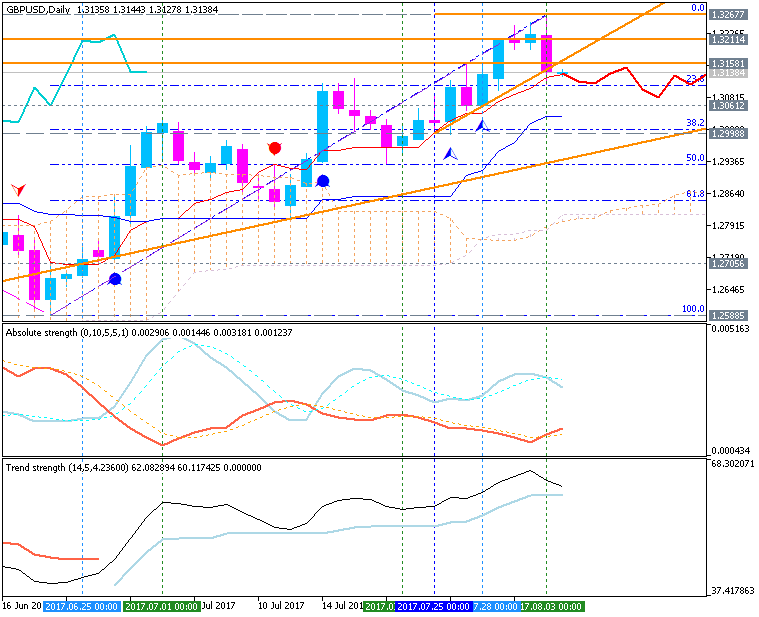





 Reply With Quote
Reply With Quote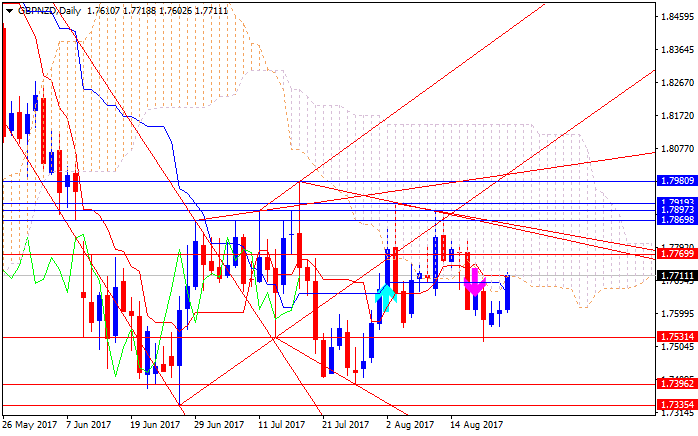
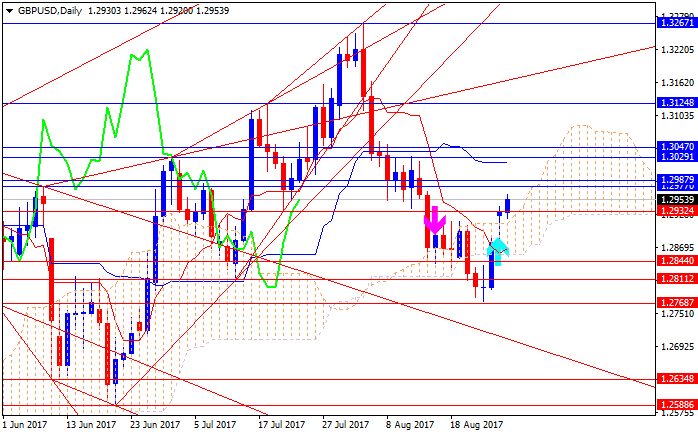
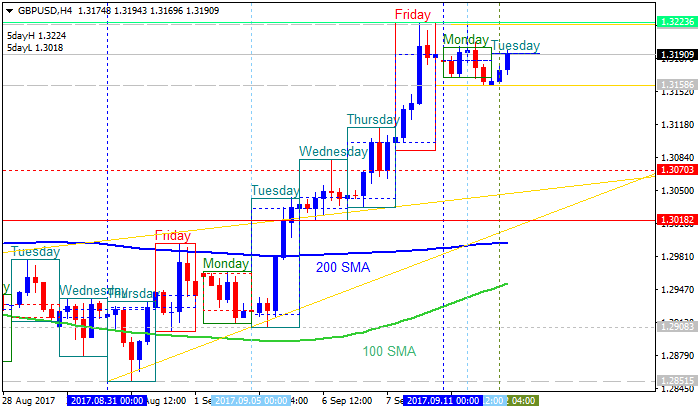
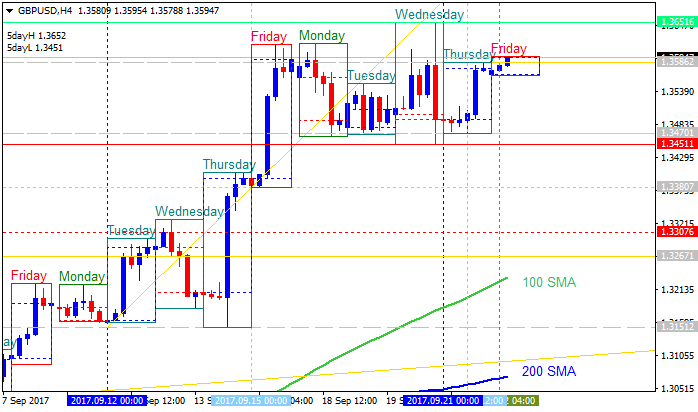





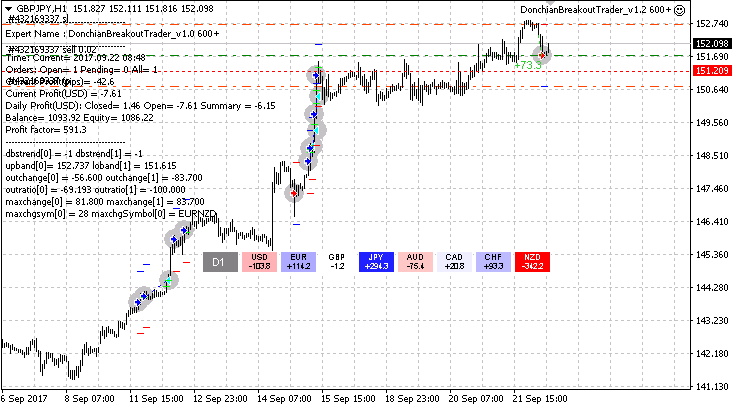
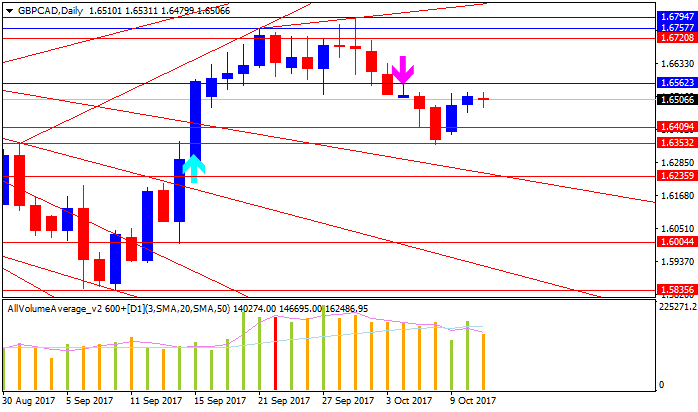

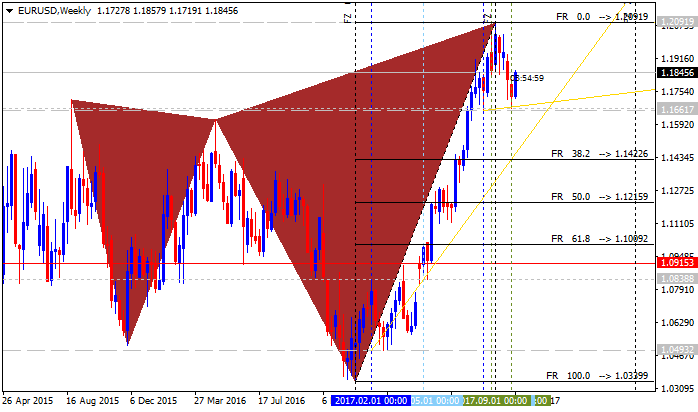
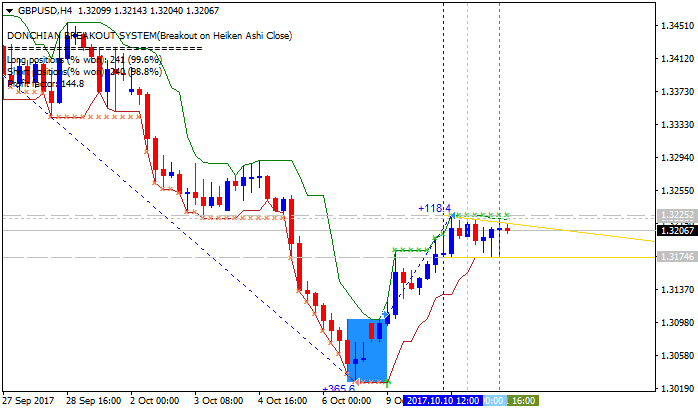
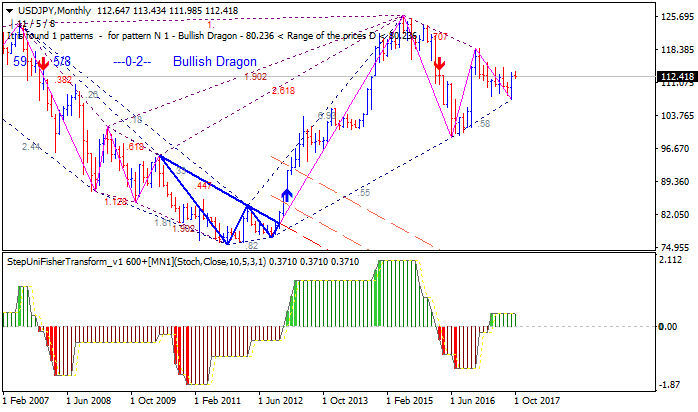
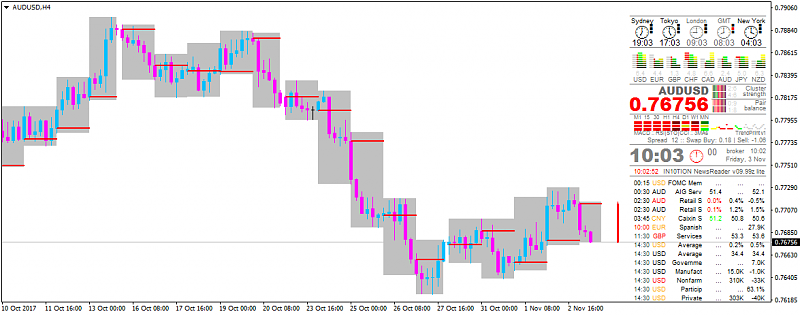
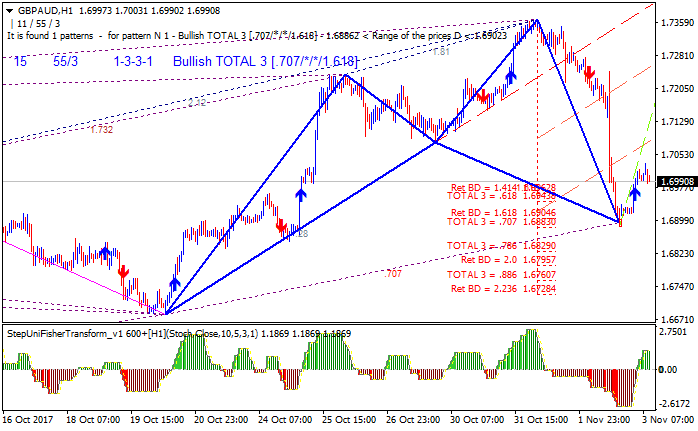
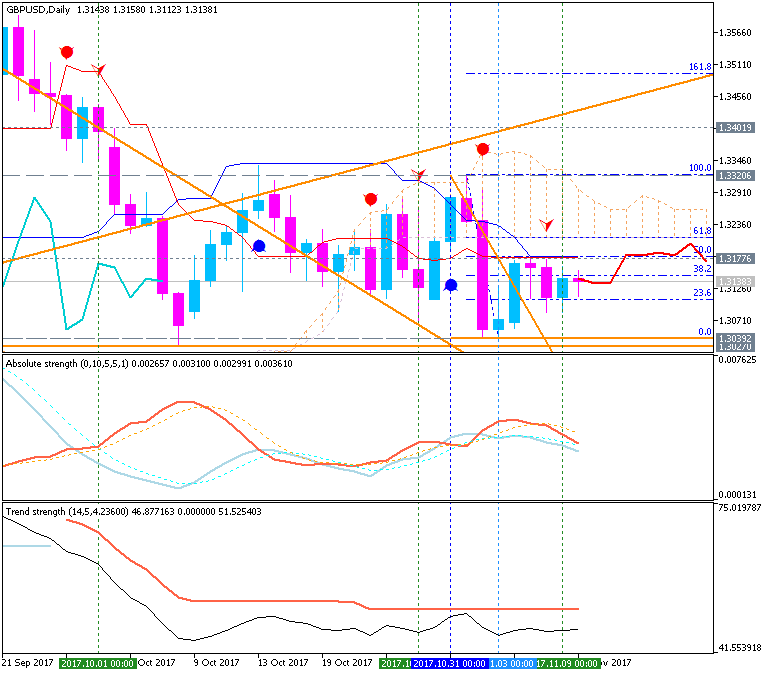
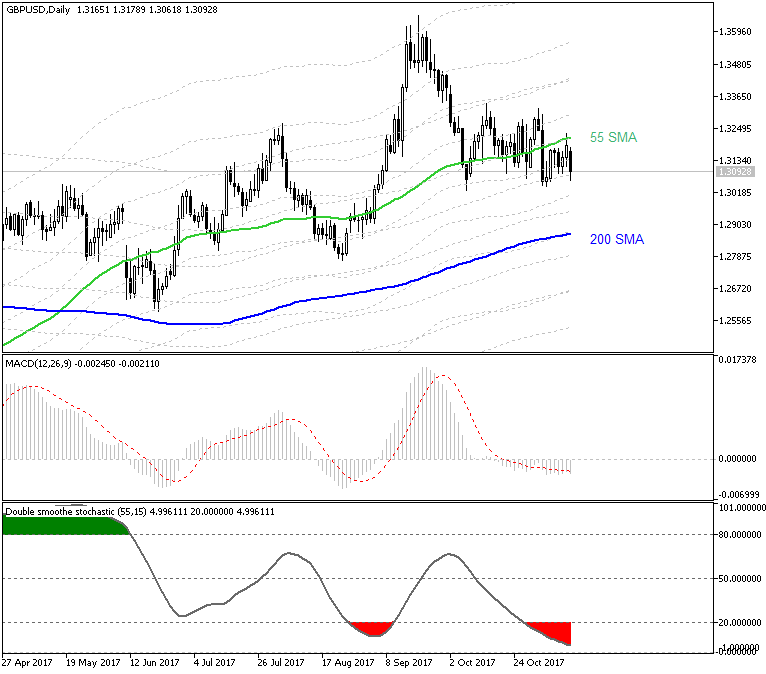


Bookmarks